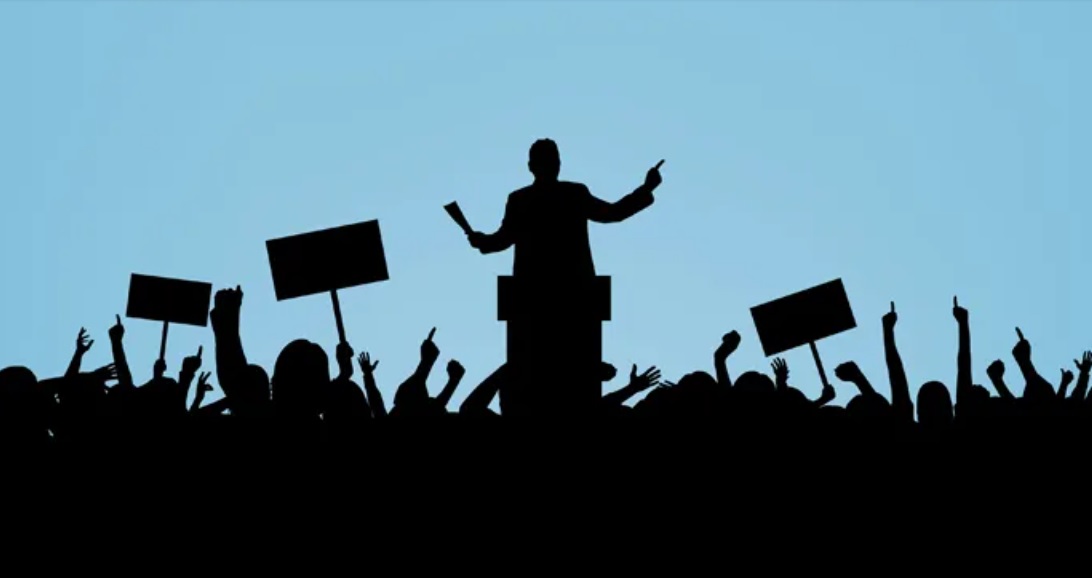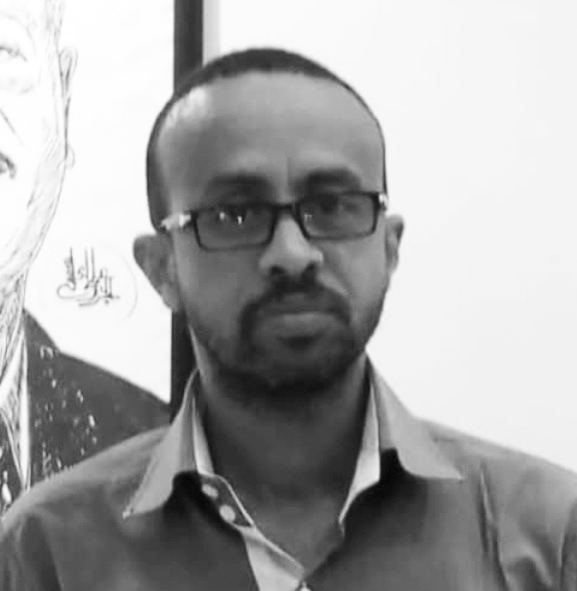
Media and the “Government of Hope” Narrative
Khalid Massa
The term "Government of Hope" is a novel label in Sudan’s political lexicon. Historically, Sudanese governments have been identified based on their legal or political context, such as "Abbud’s Government" (after the military ruler), "Coalition Government" (formed by party alliances), or by dates and defining events - like the “October Government,” the “May Regime,” or the “Inqaz (Salvation) Regime” that followed the June 30, 1989 coup. More recent terms include the “Transitional Government” (post-December revolution) or the “Coup Government” after the events of October 25.
Born in War
The formation of Sudan’s most recent government was delayed following the October 25 coup, and the outbreak of war in April 2023 further complicated its emergence. As such, it was variably referred to as either a “transitional” or a “de facto” government—until the appointment of Dr. Kamal Idris as Prime Minister. In his address on June 19, he announced the formation of what he called the “Government of Hope,” a name symbolically aligned with the war-torn context Sudan has endured for two years.
The name itself reflects a cultural tradition in Sudanese society—naming a newborn after a deceased grandparent, as a gesture of honor or remembrance. In this metaphor, the “deceased” is hope itself, lost to war. The country’s first aborted democratic government post-transition might be seen as the “first miscarriage” of that hope.
Media and the Vision of the Government of Hope
In his address, Dr. Kamal Idris did not delve into details but laid out general principles for the proposed 22-minister cabinet. He highlighted key priorities: austerity, justice and reconciliation, and combating extremism. These are all central to the mission of a robust media, often called the fourth estate - or the third, given the absence of a functioning legislature under this transitional period.
Media remains the most potent watchdog over the implementation of the “austerity” principle. But for it to play this role effectively, all restrictions on media freedom must be lifted, and repressive laws limiting freedom of expression must be repealed. This will not be possible without ending the longest state of emergency Sudan has known.
Extremism today is often state-sponsored via official media platforms. Without confronting this, the dawn of “hope” will remain a distant dream - even if the guns fall silent. Extremism continues to tear the social fabric and undermine any effort to rebuild national unity.
Does the “Government of Hope” Need a Ministry of Information?
The answer is far from straightforward, especially in the Sudanese context. The debate over the necessity and function of a dedicated information ministry is longstanding. Many past governments merged this ministry with culture and tourism, signaling a lack of perceived importance.
Yet, a nation devastated by war needs a values-based media—one that upholds ethical journalism, operates under a broad framework of freedoms, and is backed by state protection. The government must commit to defending the media’s role while removing immunity from platforms that spread hate and violent extremism.
Media and National Education
The “Government of Hope” has proposed consolidating ministries to reduce costs. It renamed the Ministry of Education to include “National Education”—a nod to the urgent need for patriotic education at early stages of schooling. The war has exposed an alarming deficiency in this area, which has only deepened the suffering of the country and its citizens.
While the new government also merged the Ministry of Information with Culture and Tourism, one could argue that media plays a greater role in fostering national awareness and civic values. Culture, too, is essential in cultivating a healthy civic identity - free from extremism, hatred, and the rejection of others’ rights.
A significant portion of Sudan’s current media landscape—both before and during the war—has actively undermined educational outcomes. This is compounded by tampered curricula that diminish the value of national identity and suppress hope in a democratic, inclusive homeland.
This article is published by the Sudanese Media Forum as part of a series exploring the political and media dimensions of Sudan’s ongoing crisis and efforts to rebuild democratic governance in the wake of war.


